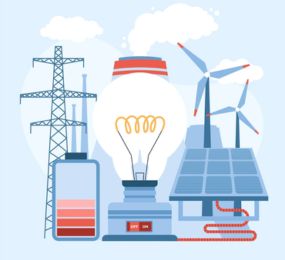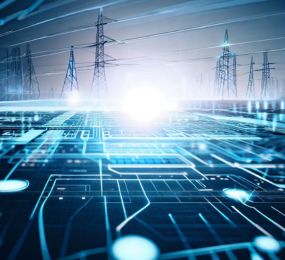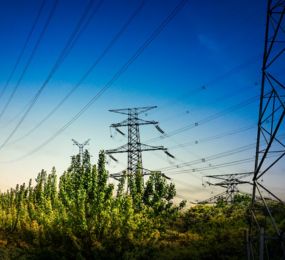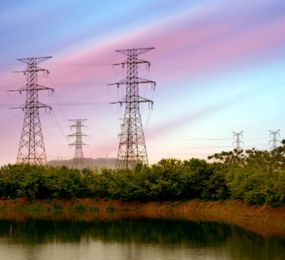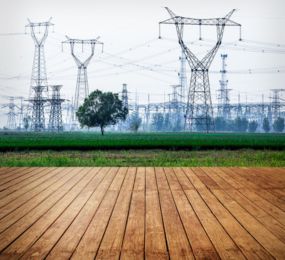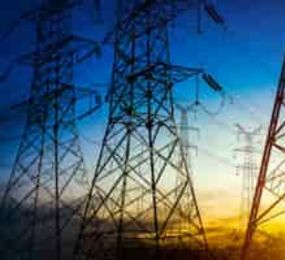Blockchain technology, renowned for its disruptive impact on various industries, is now making significant strides in the energy sector, particularly in grid automation. The decentralized and transparent nature of blockchain holds immense potential for transforming the way we manage and distribute energy. In the realm of grid automation, blockchain is emerging as a game-changer, offering benefits ranging from enhanced security to streamlined transactions.
Traditional energy transactions involve multiple intermediaries, leading to increased costs and complexity. Blockchain, as a decentralized ledger, enables peer-to-peer energy transactions without the need for intermediaries. This direct interaction between energy producers and consumers on the blockchain streamlines the process, reduces transaction costs, and fosters a more efficient energy marketplace.
Enhanced Security and Transparency
Cybersecurity is a paramount concern in grid automation, where the stakes are high in terms of data integrity and system reliability. Blockchain's cryptographic and decentralized architecture ensures a high level of security. Transactions recorded on the blockchain are immutable, reducing the risk of tampering or fraudulent activities. Additionally, the transparent nature of the blockchain allows all participants in the grid to have real-time visibility into energy transactions, enhancing overall transparency and trust.
Smart Contracts for Automated Operations
Smart contracts, self-executing contracts with the terms of the agreement directly written into code, play a central role in blockchain-based grid automation. In energy transactions, smart contracts automate processes, ensuring that predefined conditions are met before executing transactions. For example, when a certain amount of renewable energy is generated, a smart contract can automatically trigger the sale of excess energy to the grid or other consumers.
Grid Management and Optimization
Blockchain facilitates real-time communication and data sharing among various grid participants, including energy producers, consumers, and even devices connected to the Internet of Things (IoT). This seamless communication enables efficient grid management and optimization. Decentralized grid management powered by blockchain allows for better coordination of distributed energy resources (DERs) and ensures a balance between supply and demand.
Enabling Energy Traceability
Blockchain enables traceability in the energy sector, allowing consumers to track the origin and source of their energy. This is particularly important in the context of increasing demand for renewable energy. Blockchain ensures that claims about the use of renewable sources are accurate, providing consumers with a verifiable and transparent record of the energy they consume.
In grid automation, where reliability, security, and efficiency are paramount, blockchain is emerging as a transformative force. Its decentralized nature, enhanced security features, and ability to automate processes through smart contracts make it a powerful tool for optimizing energy transactions and grid management. As blockchain continues to evolve, its integration into grid automation promises to revolutionize the way we generate, distribute, and consume energy.
Visit our website to register and secure your spot today! click here: https://bit.ly/3peklYc
For more information and group participation, contact us: [email protected]


